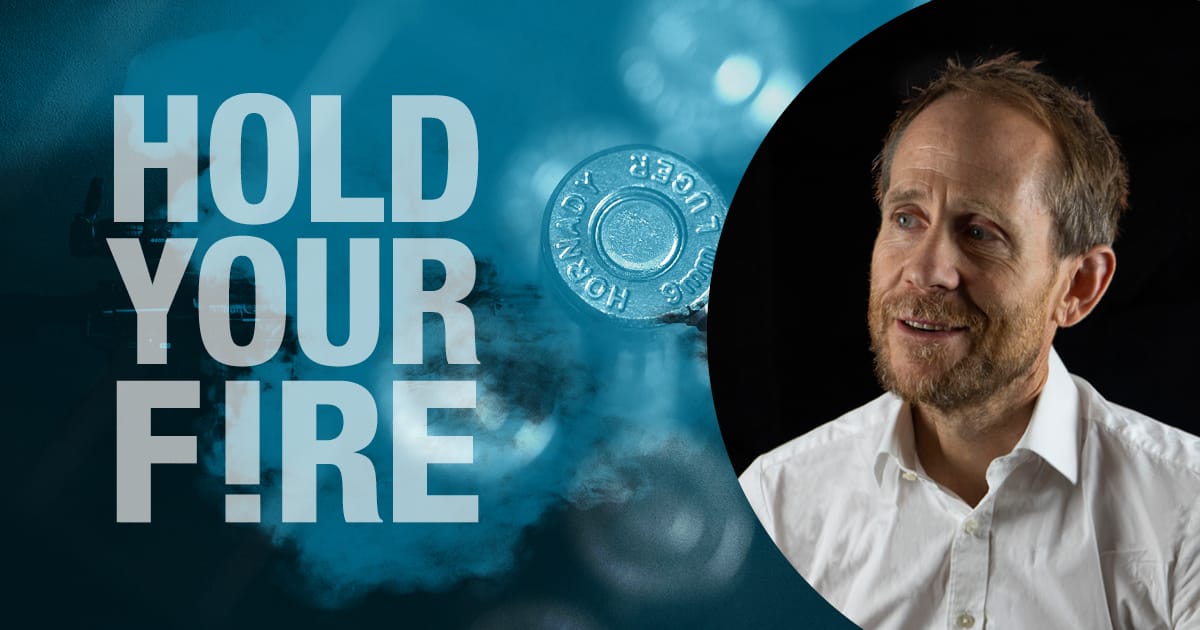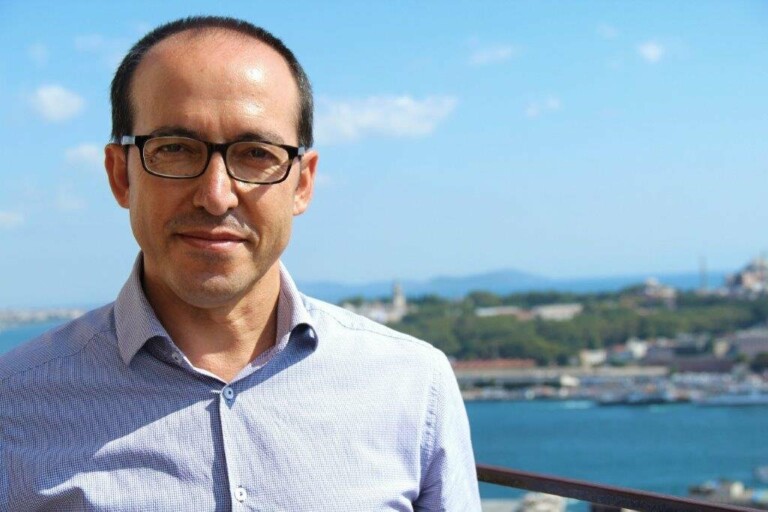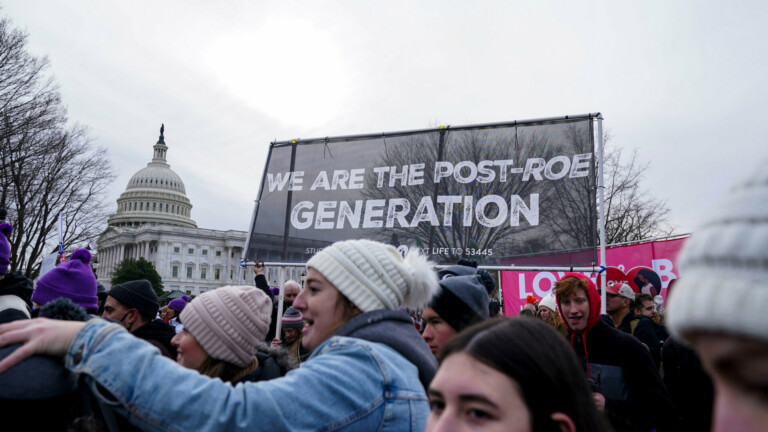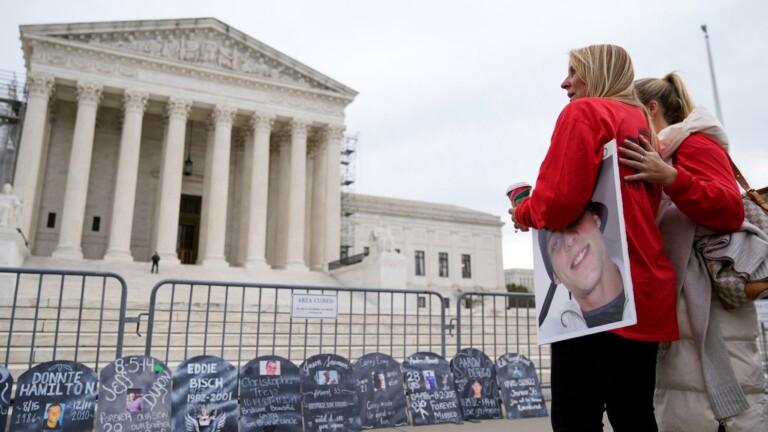Last week, Libya’s parliament fired one of the country’s two prime ministers, Fathi Bashaga. Libya for years has been split between two rival governments. An internationally recognised prime minister, Abdelhamid Dabaiba, sits in the capital Tripoli and a rival government, until recently headed by Bashaga, is based mostly in the east. Last summer, Bashaga, who was backed by Khalifa Haftar, a powerful commander from eastern Libya, tried several times to seize Tripoli by force. Those efforts failed, costing Bashaga a lot of support in the east. Over recent months, Haftar’s camp and Dabaiba have been holding quiet talks. Violence has mostly subsided and the country has experienced something of an economic upturn thanks to increasing oil revenues. Still, the political gridlock remains. The newly appointed UN envoy for Libya, Abdoulaye Bathily, has laid out a roadmap to elections, but his plan does not seem to enjoy much support from either camp.
This week on Hold Your Fire!, Richard is joined by Crisis Group’s Libya expert Claudia Gazzini, recently in Tripoli, to talk about Libya’s gridlock. They take stock of the dynamics between the rivalling political factions in the country, prospects for the Haftar-Dabaiba talks and also for elections. They discuss changing geopolitical winds in the region, particularly how better ties between Türkiye, which has long backed the internationally recognised government in Tripoli, and Egypt and the United Arab Emirates, which back Haftar, have made foreign involvement in Libya less fraught. They also talk about Libyan factions’ potential links to the fighting in Sudan and the danger of spillover.
Click here to listen on Apple Podcasts or Spotify.
Source: Crisis Group







